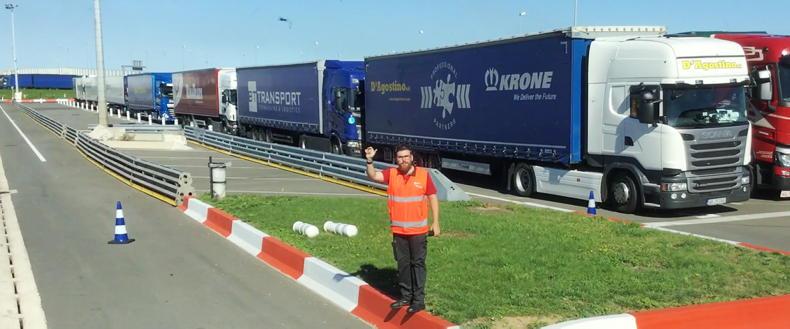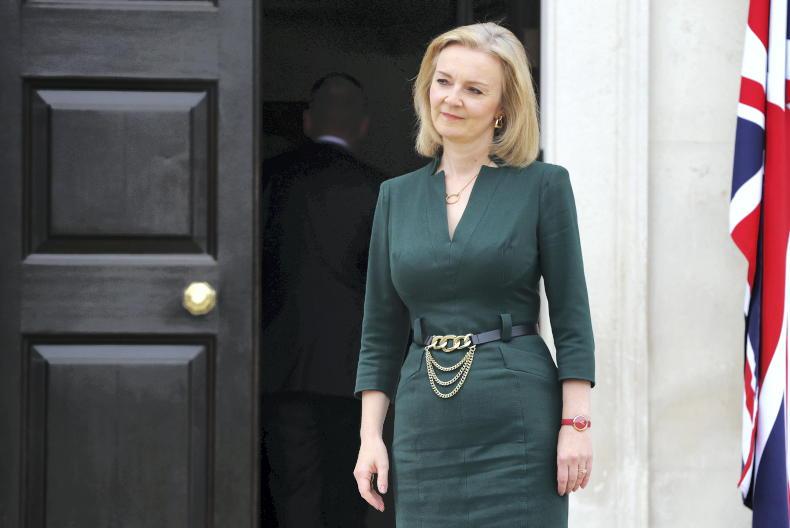The call to arms issued to exporters by the Department of Agriculture this week regarding preparing for UK border controls is a reminder that while farmers haven’t yet felt direct pain from Brexit, the issue hasn’t gone away. Minister McConalogue used this week’s Brexit stakeholders group meeting, which was the 28th gathering, to reinforce the need to be ready for full controls starting from 1 July. Both the minister and the Department are concerned that exporters are not ready for the UK's introduction of Brexit controls, starting with notification in July, followed by certification and inspections from the autumn.
Multiple deferrals
In fairness, exporters have lived through multiple deadlines over recent years, as the UK departed the EU orbit. Introduction of UK border controls has already been postponed three times and Ireland has been granted an exemption for the duration of the discussions between the EU and UK on adapting the Northern Ireland protocol. Exporters will also not put in place infrastructure a moment sooner than they have to, but when it is required, larger players usually get up to pace very quickly.
Irish meat and dairy exporters are familiar with the export requirements for other third country export markets outside the EU, so when the time comes, they will know what to do, even if it will be a huge additional administrative burden.
Possibility of further delay
There also remains some doubt as to whether there will be a further postponement by the UK in introducing full border controls, as reported by the Financial Times recently. There are serious doubts about the UK capacity to implement these controls and whether or not it should be a priority, given the already high levels of disruption at UK ports. There is also concern about what they will do to inflation, which is as rampant in the UK as it is in the EU.
Being prepared
The Department's view is that Irish exporters cannot take the risk of not being prepared and this week’s meeting and an upcoming series of webinars is about being ready for the start of full UK border controls on 1 July. If and when these controls come into place, it will be the first time that Irish exporters and their farmer suppliers will experience the consequence of Brexit. It will mean extra paperwork and bureaucracy with every delivery from Ireland to the UK and that means cost.
It will likely also add to transport costs, which are already rising because of road fuel cost increases.
It will be the first time that Irish exporters and their farmer suppliers will experience the consequence of Brexit
The Department also used the occasion to present a summary of the UK trade agreements and negotiations. It makes stark reading from a beef, sheep and dairy perspective, as the UK market, in time, will be completely open to Australia and New Zealand, two of the world’s major exporters. It also gave a reminder that the Brexit Adjustment Reserve is open and will close in December next year, along with the criteria for what is eligible. Given market performance and the delayed impact of Brexit, there remains no clear route for farmers to access the fund.









SHARING OPTIONS